The use of masks to prevent the spread of COVID-19 was discussed at Thursday’s School Committee meeting, with a vote expected at the next meeting on Aug. 19.
Representatives for two groups — one for and one opposed — presented their viewpoints, as did a few community members. Their opinions were diametrically opposed, with some parents strongly advocating for masks as a safety measure while others saying that masks inhibited children’s social and emotional growth and are unnecessary.
Jamie Wronka, a parent of a rising kindergartener and two toddlers, presented a petition on behalf of people in favor of adopting the position of the American Academy of Pediatrics (AAP) and the Centers for Disease Control and Prevention (CDC), both which recommended that all students and school personnel wear masks while in school buildings to prevent coronavirus transmission. There were 525 signatures gathered on the petition on change.org from April 6-11, and 491 of those had verified Hopkinton residences. As of Thursday evening, 27 more people signed.
“We expect more people to sign in the days to come, and we will update our total signature number next week,” she said.
Parent Chris Melton spoke against the mask policy, noting that he believed a seasonal flu to present more of a risk of fatality for children than COVID. [Editor’s note: This past sentence has been updated for clarification.] He presented a letter signed by more than 200 residents asking that the mask policy not be re-instituted. Their goal was to have parents have a choice about whether their children should wear masks.
“Viruses mutate to survive; that’s what they do,” he continued. “But they become less harmful and more treatable, just like influenza.”
Melton described a child’s mask as “a symbolic security blanket to adults, not for children.”
Jenna Phillips is a research scientist at a biomedical research center. She asked that the wearing of masks be made a mandatory policy, noting that she has been part of an international COVID-19 research team that has studied the effects of the virus.
“I know that masking up has become a political debate,” she said. “But as a scientist, this is incredibly troubling.”
She noted that mask use has been shown to stop the spread of the virus by 70 percent. In two small studies she referenced, she said mask use did not impair children’s breathing ability during rest or mild exercise, although these tests were not taken during COVID-19.
“We have a duty as citizens to protect each other and to protect our community with this very simple public health measure,” she said.
Sabra Mitchell said she was concerned that children were not able to learn social cues with masks.
“We’re going to be creating children that aren’t socially aware, and maybe not self-aware,” she said.
School Committee Chair Nancy Cavanaugh explained that the committee is the ultimate authority on policy decisions.
“We are trying our best to make the best decision we can for all students across the district,” she said. “It’s obvious from not just what we’ve heard here tonight but what we’ve seen on social media and in the email is that, no matter what we decide, a good chunk of people are going to be angry.”
Superintendent Carol Cavanaugh gave a presentation on the topic. She noted that the commissioner of the Department of Elementary and Secondary Education (DESE) has said that the decision on masks will “be made at the local level.”
“We just want all students to have equitable, inclusive and reasonably safe learning environments that uphold COVID-19 safety measures and protocols,” she said. “We want to ensure the mental, social and emotional health of students and staff.”
Agencies including DESE, the CDC and the Massachusetts Department of Public Health have not decided to make mask wearing a requirement but do “strongly recommend” that masks be worn indoors by students in kindergarten through Grade 6, as well as unvaccinated children and adults. The policy must remain fluid as data changes, she added. She suggested that the policy be reviewed on a monthly basis.
The Delta variant was classified as “a variant of concern” because it spreads more quickly than other forms of the virus and causes more infections. Compared to the initial strain, in which an infected person could spread the virus to three people, the Delta variant can be spread to seven people, according to data the superintendent culled from a report on National Public Radio.
Students and staff should remain home if they feel ill, she stressed.
One area of concern is the space constraints of the cafeterias in each of the elementary schools. Students will have to sit closer than the recommended 3 feet because the gyms and auditoriums that had been used for eating will resume their regular purposes. Students will have assigned cafeteria seats to aid in contact tracing, if needed.
The chair asked the percentage of students who were tested regularly. The superintendent noted it was usually less than 30 percent.
Member Amanda Fargiano asked if changes would be made during athletics, but the superintendent said the Massachusetts Interscholastic Athletic Association is keeping the status quo on its policy.
The superintendent did note that the district has one of the highest student vaccination rates in the state. Physical education will be encouraged to be held outdoors.
The committee members will consider all of this data when making the decision on the mask policy.
Teachers union MOAs ratified for middle and high schools
The committee voted 3-0 to ratify the memorandums of agreement (MOA) for the Hopkinton Teachers Union for both the middle and high schools. The superintendent explained that this was necessary because changes in the school periods were implemented to allow for periods each week for students to consult with teachers or engage in remedial learning. The middle school will have these periods every other day, while the high school will implement them twice a week on Tuesdays and Thursdays called flex blocks. Members Joe Markey and Lya Batlle-Rafferty were not present to vote.
Marathon School addition finalist selected
The finalist was chosen from the bidders on the Marathon School addition project by a reviewing committee from the top three finalists. The project budget is $3,635,000. Director of Finance Susan Rothermich requested approval to negotiate the contract with the vendor, which was approved 3-0.
Superintendent’s goals reviewed
The superintendent gave a presentation of her goals for student achievement, particularly in reading. She will seek to implement testing three times a year at all grade levels using the STAR Reading test, which increases the difficulty of questions as students progress through the test.
Another major goal she highlighted was the implementation of a protocol for students to report incidents of hate or violence. An online form, called a Bias Incidents Reporting Form, or BIRF, will be accessed by a QR code.
“We’re really excited actually to have that,” the superintendent said. “Not only will it help kids navigate what happened and to have an adult help them to resolution with that, but we may be able to see patterns.”
Diversification of the workforce is another target. Also, diversity, equity and inclusion information will be integrated into the school curriculums.
Student recognized for national poetry award
Hopkinton High School student Kevin Gu was recognized by the superintendent for being one of five students in the country named as a National Student Poet in a contest by Scholastic Art & Writing Awards. This is considered to be the country’s highest honor for young poets.
“It is an amazing achievement,” she said, noting that there were more than 19,000 submissions to the contest.
Gu began writing poetry only a couple of years ago, using it to reflect on his childhood and Chinese culture.
“I was so impressed with the way he wove his own personal identity and his culture into his poetry,” Fargiano said.
Year-end financial report shows district in black
Despite the challenges of COVID, the district managed to save about $34,000. This amount will go back to the town’s general fund. Staffing shortages offset the increase in supply costs during the pandemic.
Annual norms review, educational equity policy discussion delayed
Because only three members of the committee were present at the meeting, the discussion of the annual norms review policy and the policy on educational equity were delayed until a future meeting.


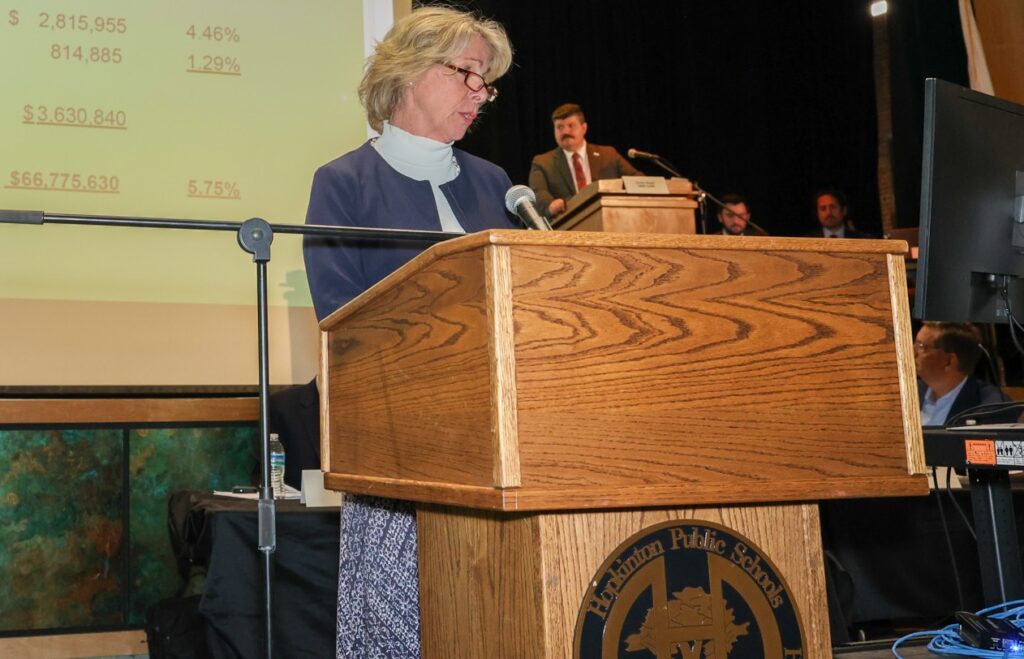
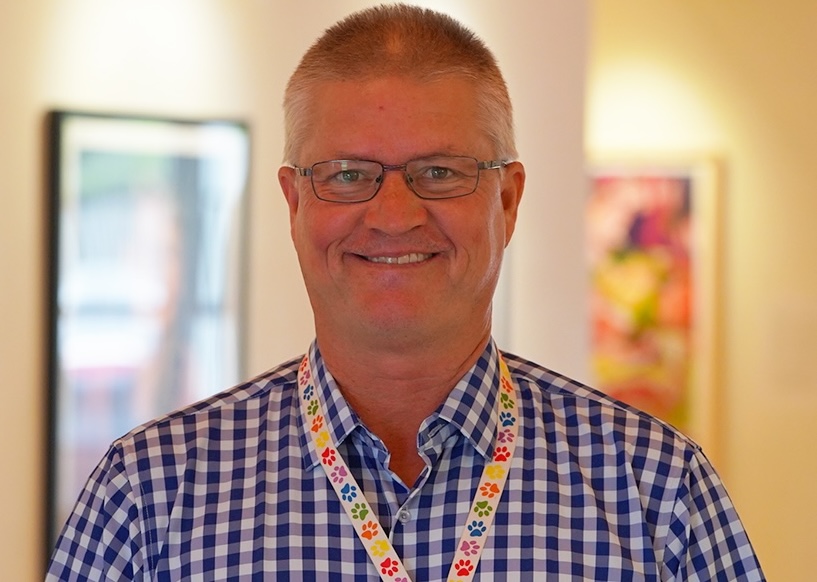
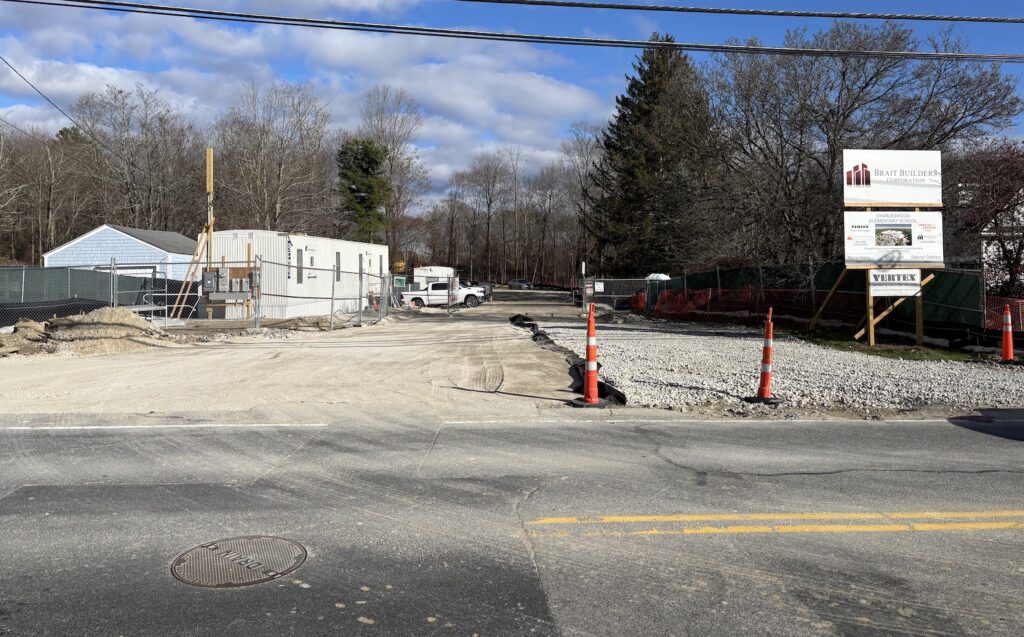
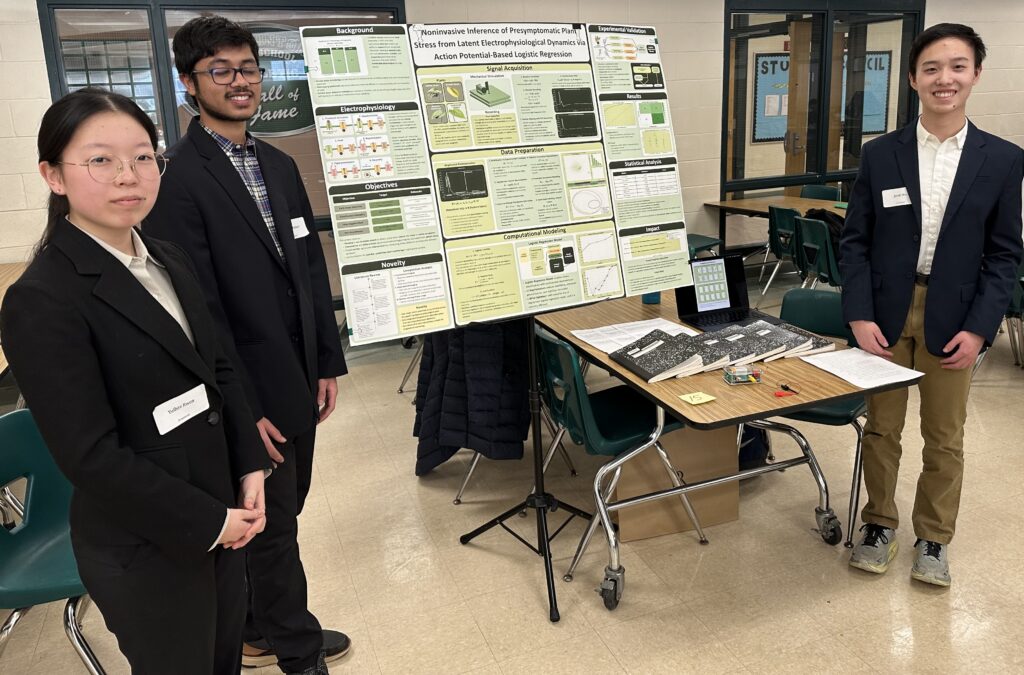
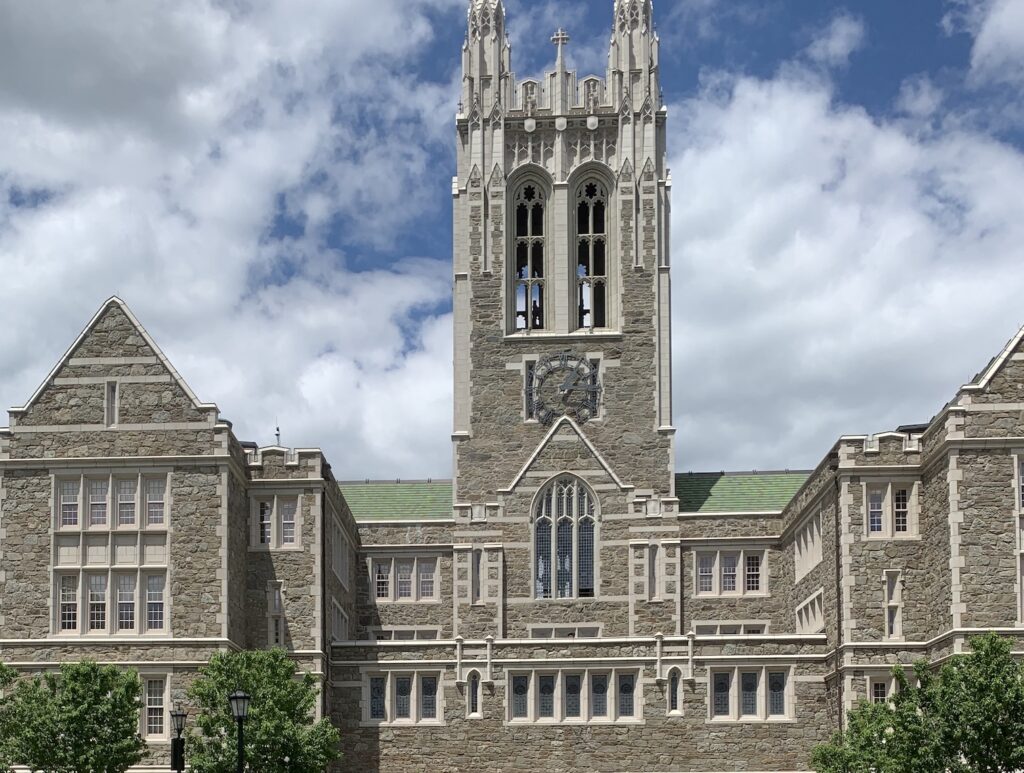














Hi – Can you please correct this story. I most definitely did NOT say that the seasonal flu is more “contagious.” I said “they face a massively greater risk of DYING from the seasonal flu than from Covid.” You may confirm this in the video. Thank you.
This sentence has been updated in the story.
Chris – can you pls share the letter I’d like to add my signature thx.
Didn’t realize we have idiots willing to put children’s lives at risk in a town like Hopkinton. The social space you want to give your kids will only happen if they manage to stay alive in this pandemic. Looks like you failed to make America great and now you are trying to make Hopkinton great.